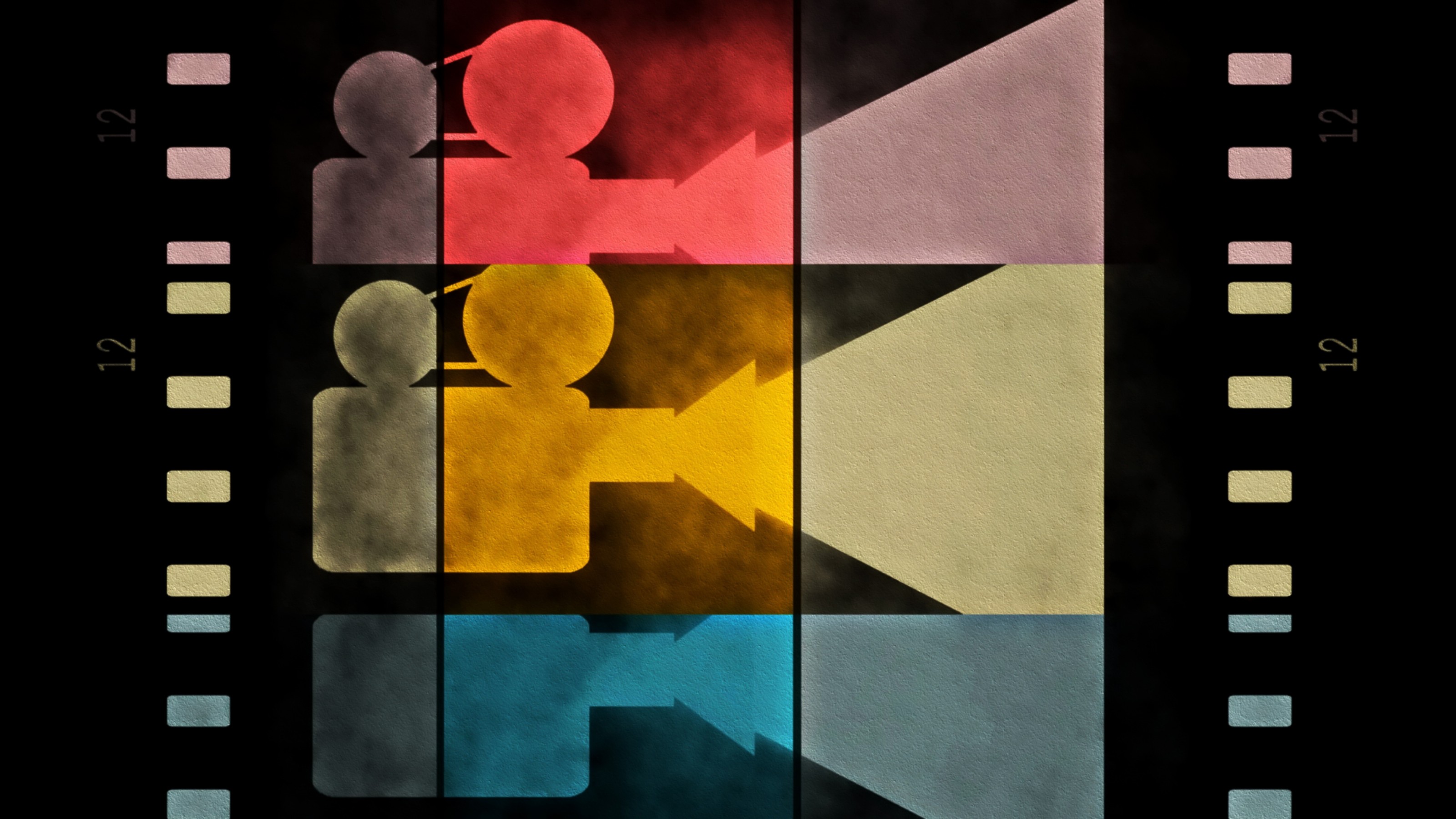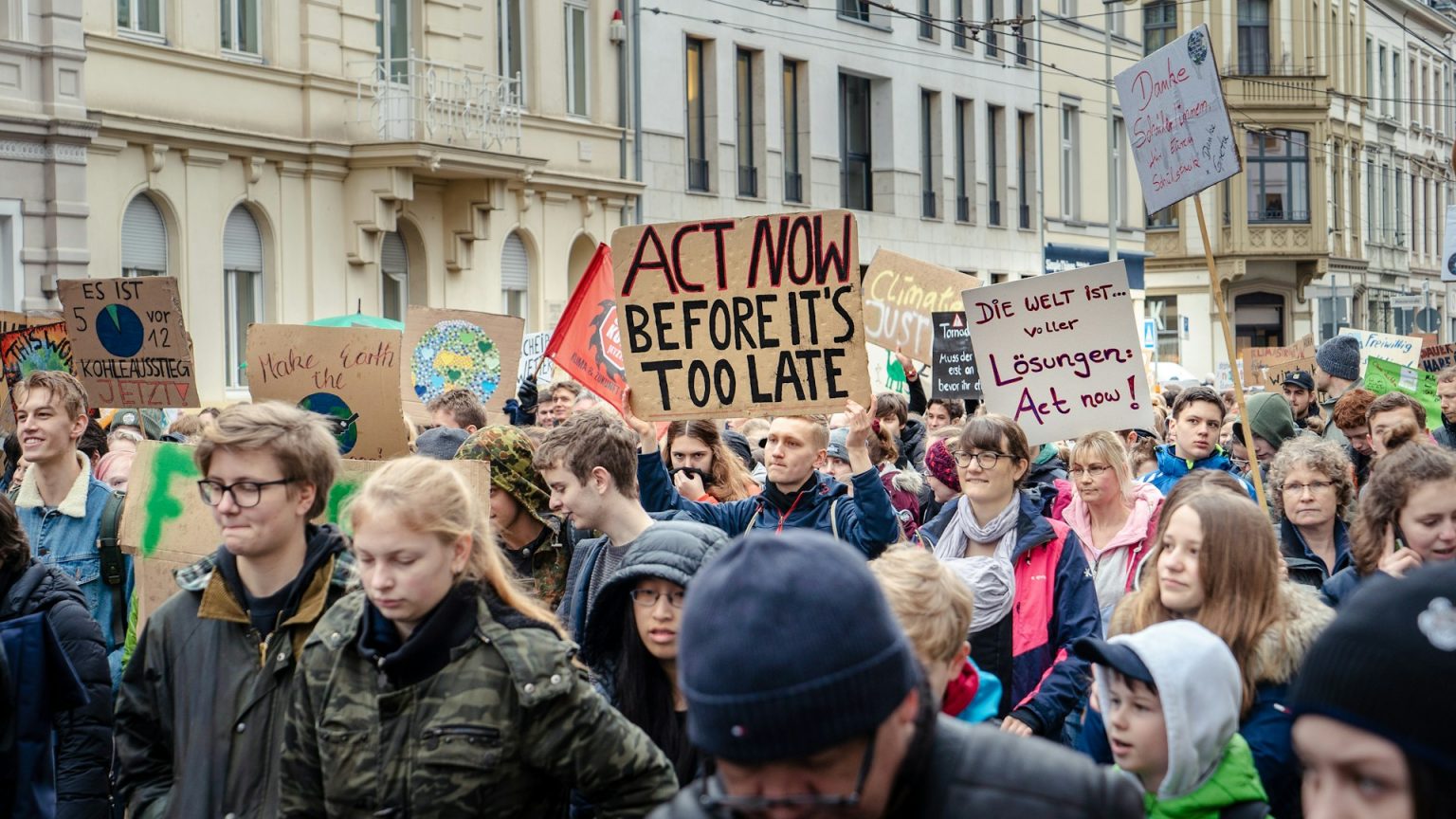It’s no surprise that we are in a pretty turbulent time in terms of a political divide. With Democrats and Republicans at each other’s throats both in congress and in American streets, it appears that both sides have gone tribal. And by tribal — Dan Shapiro notes — we’re often overlooking that the other side are human beings just like us. Shaprio suggests we move beyond the tribal mentality and try and understand the collective “us” that America still is under all this hubris. Shapiro goes on to say that because we hold these opinions so deep—be they about abortion or healthcare or what have you—our brains see any threat to these notions as threats to us as a person. When half the country feels one way about an issue with no perceived common ground in the middle, we revert back to these tribal instincts. And it can do a lot of damage to societies if this cultural dissonance is left unchecked.
Such big change won’t happen overnight. But the sooner we recognize the perceived “other side” as just like us, then we can move beyond these political squabbles and work together towards a greater good.
Dan Shapiro’s latest book is Negotiating the Nonnegotiable: How to Resolve Your Most Emotionally Charged Conflicts.
So look, we all experience emotionally charged conflicts: whether it’s in the workplace, whether it’s a colleague, whether it’s at home with a spouse, whether it’s even in our country dealing with political issues.
The challenge is how do we deal with it most effectively? And my sense is that most people come in with like the quick-fix answer, the rational approaches. “Just listen a little bit more. Talk a little bit less.” And that’s useful but that’s not enough.
Beneath rationality is this other layer to the conflict which is the emotional layer.
You’re starting to get angry. Your colleague is starting to get angry and things start to fester. But even that is not the fundamental force driving us in conflict. What’s the core? It’s identity.
At the end of the day what tends to fuel our emotions in a conflict is a threat to who we are and what we stand for. And the moment I threaten what you deeply care about all of a sudden now we have a real emotionally charged conflict.
So the moment your identity feels threatened all of a sudden you fall prey to a very dangerous mindset that I call the tribes effect. This is an “us versus them” mindset. You could be in a conflict with somebody you love – your mother, your kid – but the moment you get into this mindset it becomes Me versus You, Us versus Them. Think about a conflict in your own life. There are three basic characteristics to this tribal mentality.
One, it’s adversarial. It is Me versus You.
Two, it’s self-righteous. I believe I am right and legitimate in my perspective and I believe you are wrong and crazy.
And element number three: this tribes effect, it is a closed system. So I will argue and defend my perspective to no ends but I am going to close my ears to your perspective. This is the tribes effect. We fall into it in the family dynamic and unfortunately just as true national dynamics, international dynamics, we see the polarizations there.
Once you attach to a tribe something strange happens. No longer is content as important, the substance of the arguments, the policies. That is important, but at the end of the day, the most important element in terms of being a part of the tribe is the loyalty. Loyalty to the tribe. And the most serious, and the most serious offense that you can commit against your own tribe is to betray that tribe’s trust, its loyalty, its essence. It’s to go against the tribe in some way.
You look at the United States right now. There are these huge political divides. You see the Democrat tribe or tribes. You see the Republican tribes as well. And it’s very difficult for either side to even say, “I understand what you’re saying.” Because some on the inside of each side are going to say, “Oh, they’re betraying our tribe.”
And the moment betraying the tribe, that’s a taboo. If I break a taboo I can suffer social punishment. I’m going to be ex-communicated. I’m going to be ridiculed or worse. That’s the challenge of our tribalistic world that we’re in right now.
So you could have somebody in Trumpville or Clintonville who totally is getting hammered by—let’s say in the Trump part—who’s totally going to get hammered by its changes to healthcare. But they’re still in that camp because they’re part of the tribe. Recognizing that identity is critical; it sort of opens our eyes to what might be going on in the world around us and in our communities around us.
Let’s think about some of the issues that are in the public sphere. Abortion, healthcare, taxes, security of the country; All of these issues hit right to the core of our identity, who we are and what we stand for. And the moment I feel that any of those elements is threatened, now I move toward the tribes effect. Now I want to move toward being with a group of people like myself who are going to protect me and my interests from becoming trampled on.
And a powerful tool you can do is to emphasize the us, the two of us. Moving from ego to “we-go”, you know, "there we go." And it’s a big difference.
Watching conflict situations I’ve noticed something interesting. You know at first people are battling it out. My perspective versus yours, and all of the energy is moving toward my ego and my perspective versus your ego and your perspective.
When you start to see the transition what starts to happen is that each side recognizes there’s also an us. There’s me and there’s you, but there’s also the space between us that we are creating together.
And the more you can emphasize the “us,” the more you can move toward real reconciliation with the two of you moving toward some cooperative and sustainable outcome.
I mean looking at the rhetoric in the United States right now there’s so much divisive rhetoric. Where are the voices of “us”, the United States of America? And the more you get those kinds of voices the more you can start to in a sense overpower the us versus them thinking.
We’re not trying to overpower the ideas that the people have behind their us-versus-them thinking. We’re trying to overpower that adversarial mindset.






